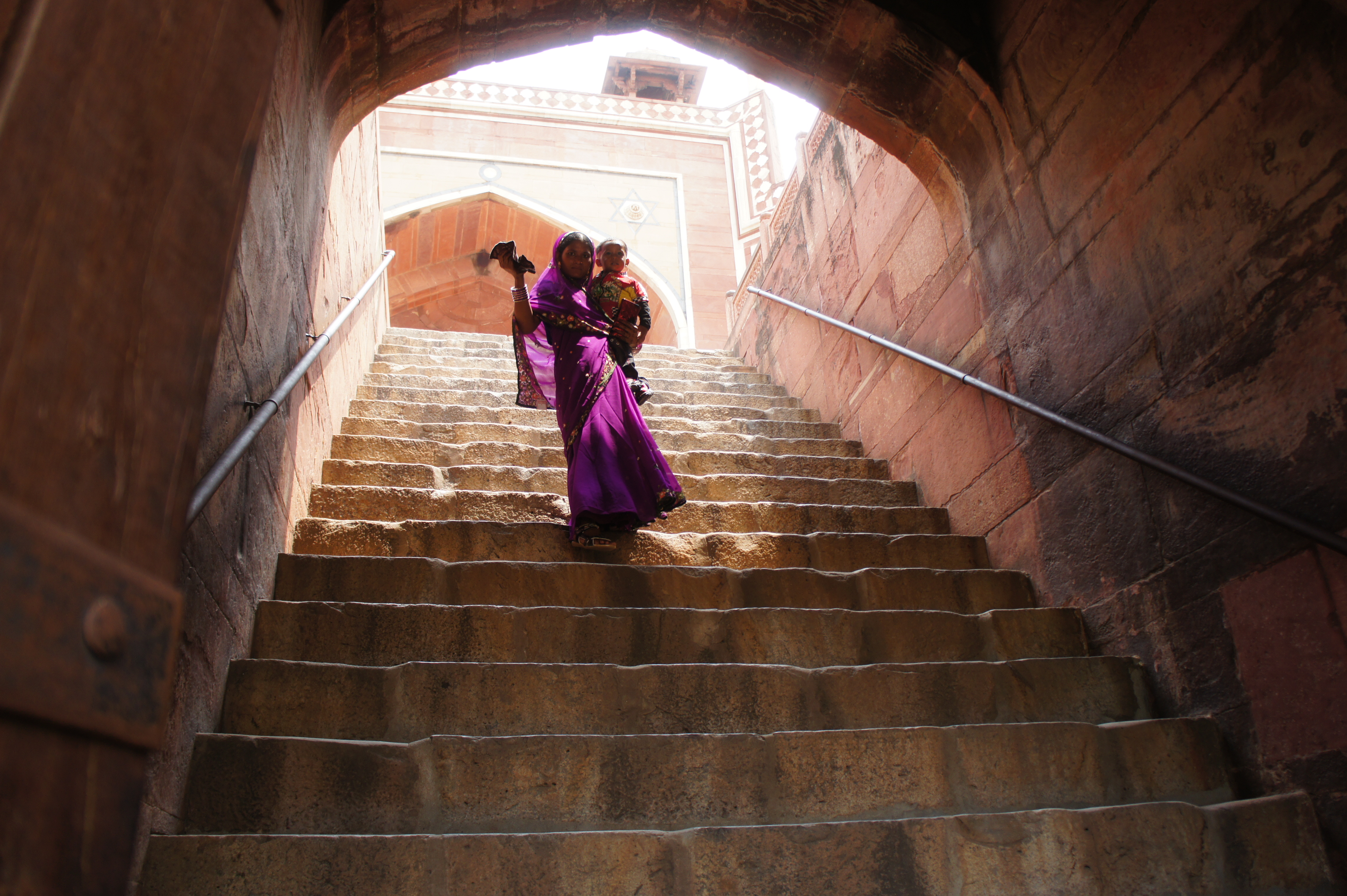
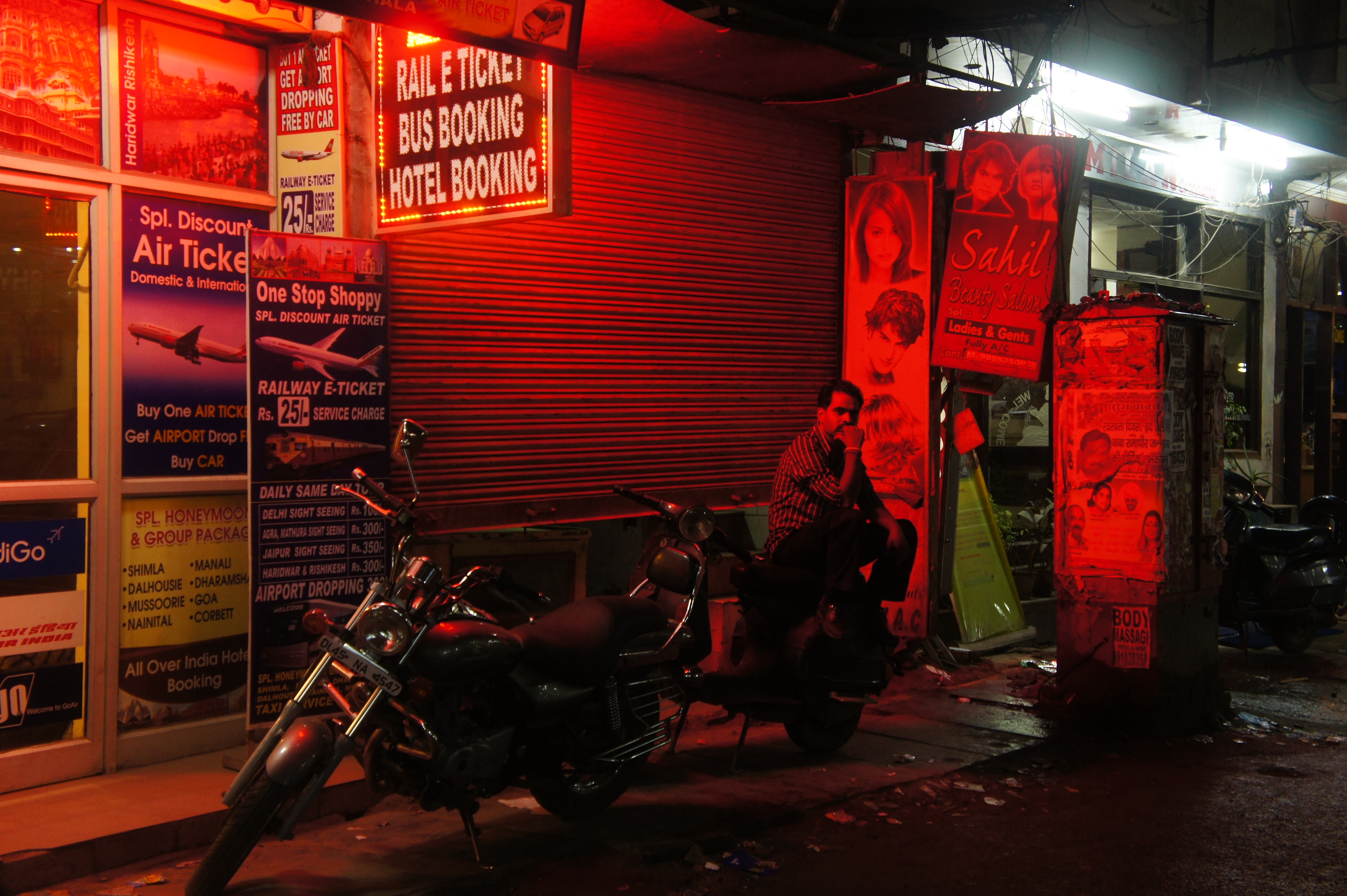
A growing number of people are becoming aware of the environmental costs of mass-tourism and try to limit how often they fly. On the other hand the global tourism industry just keeps growing, due to emerging middle classes in developing countries. I’ve done my fair share of travelling and I still have a bucket list of destinations like Iceland, China and New Zealand somewhere in my mind, but I don’t feel that burning desire to explore the world as much as I used to. There are multiple reasons for this change. Having young children doesn’t make it easier to go out on an adventure. Getting older might be a factor at play as well. Today I want to focus on three realizations I had over the years that changed my perspective.
| In 2012 I visited India with my partner and it was a fascinating experience. It was also likely to be the last time I visited such a country. India was a challenge to all my senses. The crowds, the traffic, the food poisoning. Everything was intense about India. I never really became comfortable being there and simply strolling around a city was not easy. I didn’t mind how busy it was everywhere, but what bothered me is that local people were constantly targeting me to make some money, offering me goods and taxi rides I didn’t need and giving me unwanted travel advice. This is not to criticize the locals by the way. It’s not their fault that there is a huge wealth disparity between us, but it made me realize that as a foreign tourist from the west, having an authentic experience here is impossible. My mere presence breaks down the authenticity as local people will not just ignore me and go about their regular business when I’m around. I used to think I need to experience what it’s like to live in a place like India, but during that trip I realized that my background makes it impossible to come even close to that experience. |  |
| Authenticity has become a key word for people travelling abroad. Finding that restaurant that makes the most authentic food, visiting that town that is not overrun by tourists yet. The truth is, the only way that destinations keep their authenticity is if we (foreign tourists) don’t visit them at all. Tourism may be a way for developing nations to grow their wealth, but like any capitalistic enterprise exploitation is rampant. We went to visit the Taj Mahal in India, and while it was beautiful, the fact that we had to be there at 5 AM to br able to enjoy the place without being overrun with tourists, says a lot about how authentic the experience of visiting Taj Mahal is. Now, you might say “What’s the problem D-man? There are loads of other temples you can visit where you barely see a soul.” This is true and we did visit some lesser known temples that were off the beaten path. Yet I couldn’t help but wonder if, as tourism in India grows and matures, these places were awaiting the same destiny. I feel like in our hunger for finding new, authentic destinations, we act like a swarm of locusts jumping from one place to the next, robbing every wonderful place on earth of its authenticity and then moving on to the next thing. Which leads me to my next point… |  |
| Through the years I have gotten fatigued with what I’d like to call Top Shelf Tourism. I have visited Japan numerous times in the past decade and I enjoy giving other people travel advice when they are making plans to visit. I’ve been active on the JapanTravel subreddit when I was a Redditor. There it became abundantly clear how the mechanism of Top Shelf Tourism works. There are many travel blogs about Japan online and this is where most people get their inspiration when planning their itineraries. The problem with most travel blogs is that they just parrot one another and repeat the same top destinations that are 'must visits'. I’ll give a somewhat specific example about Kyoto to explain how this mechanism seems to work. In Kyoto there is a ridiculous amount of shrines and temples to visit, but a small selection of them are considered to be ‘must visit’ places. They include: Kinkakuji (Golden Pavilion), Kiyomizu temple and Fushimi Inari shrine (the one with the hundreds of red gates). People go out of their way to be able to squeeze these three places into their itineraries and as a result these places get overwhelming amounts of tourists compared to the rest. The thing is, the crowds really do take away from the experience of a temple visit. It causes lines, situations where everyone wants to take photos of the same spot that they saw on Instagram. I believe this leads to a kind of self-perpetuating cycle that goes like this: |
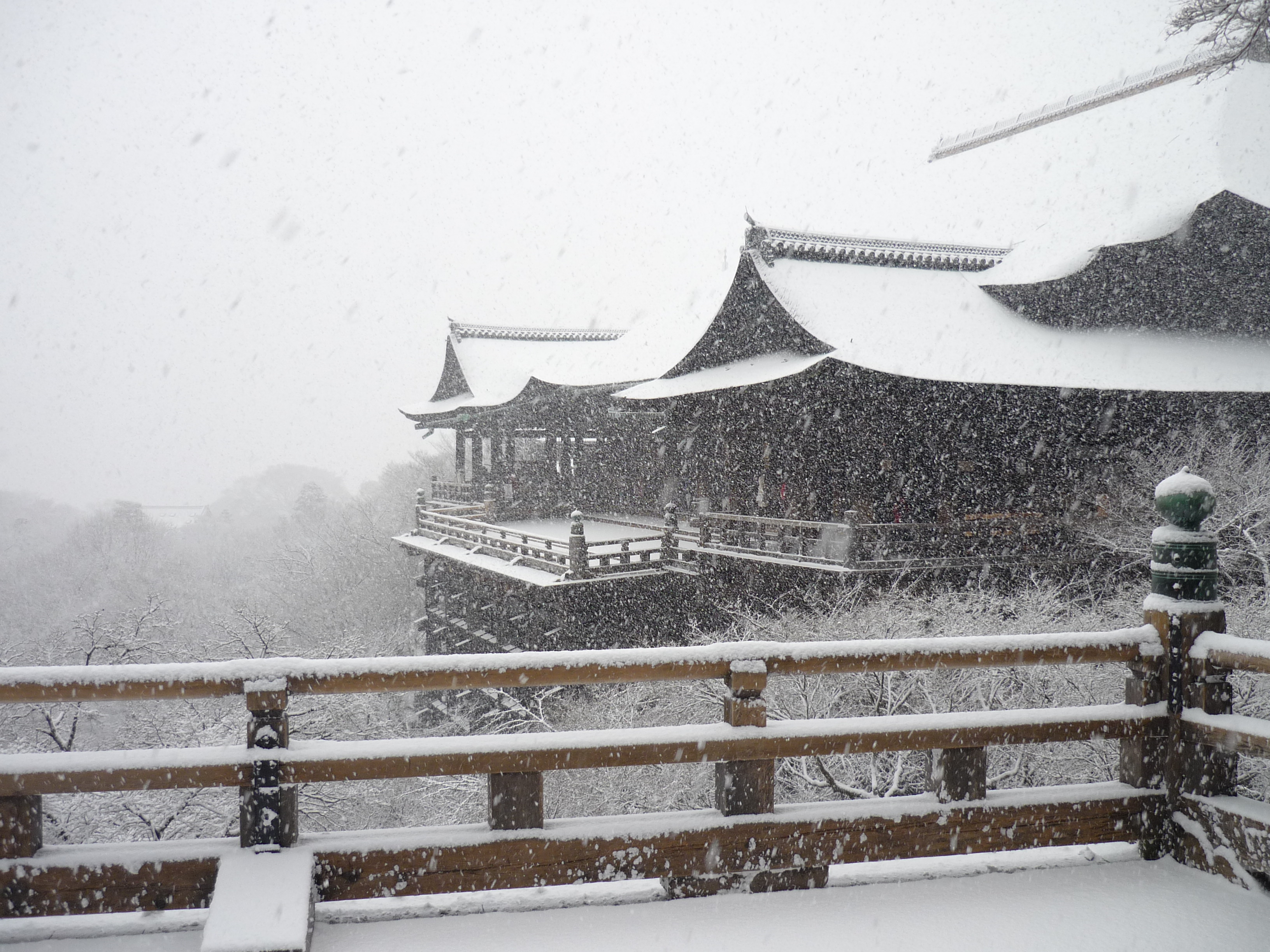 |
| There is a huge contradiction between how travel is marketed and how the business is actually conducted. Many tourists are looking for an adventure when they travel, a break from the daily grind. However, the way that travel destinations are marketed to us, relying heavily on ‘Top Shelf tourism’, causes a lot of potential travelers to experience FOMO and making safe itineraries just to be sure they don’t miss out on the Top Shelf destinations. I can't help but notice how this trend has accelerated in the past decades. Perhaps it is because travel journalism used to be a profession and guidebooks like Lonely Planet were published after periods of extended research. Nowadays anyone and everyone can call themselves a travel blogger. All you have to do is visit a place, make sure you go to all the Top Shelf spots, write a stubby article about it, share it on all your social media channels, run some ads and before you know it you’re in the business of travel ‘journalism’. What people don’t seem to get (or care about) is that in places like Kyoto, but also Venice, Amsterdam, Barcelona and lots more, Top Shelf Tourism has gotten completely out of hand. Where local people actually want the tourists to leave or be controlled because the cities have become unlivable for them. | 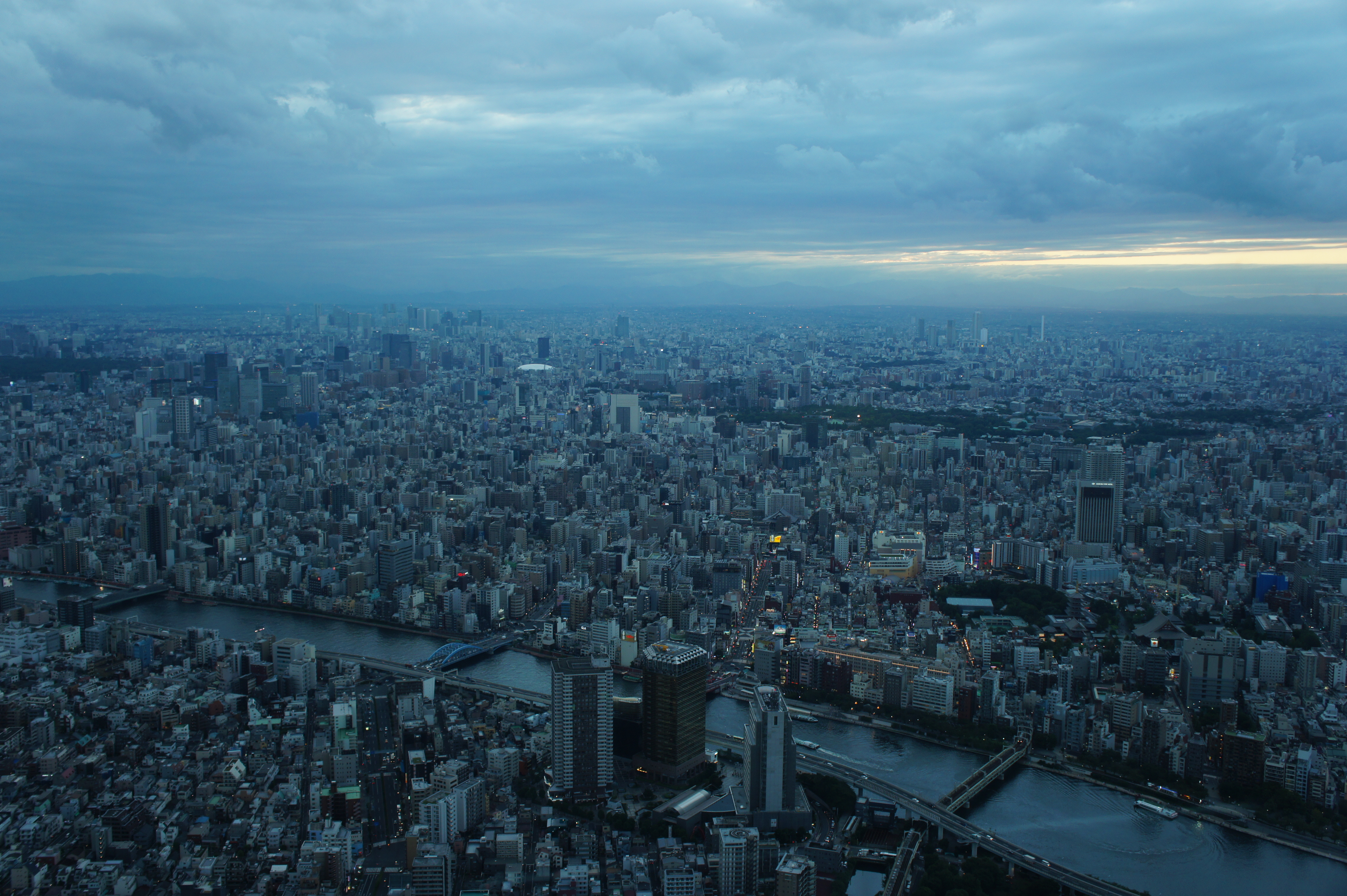 |
| Nowadays when I make travel plans, I make a conscious effort to look beyond all the ‘must-visit’ places. My experience is that you will have more fun on your trip if you plan less. Make a framework of where you roughly want to go during a day, and then leave a lot of open space in between for wandering, getting lost, trying snacks, visiting quirky shops or just chilling somewhere on a bench. Because after all it is vacation. Don’t worry about missing out because you are going to miss out no matter how hard you try. Visiting all the top shelf destinations will only make you rush through the place, being stuck in hordes of tourists all the time and not leaving room for spontaneous encounters. | 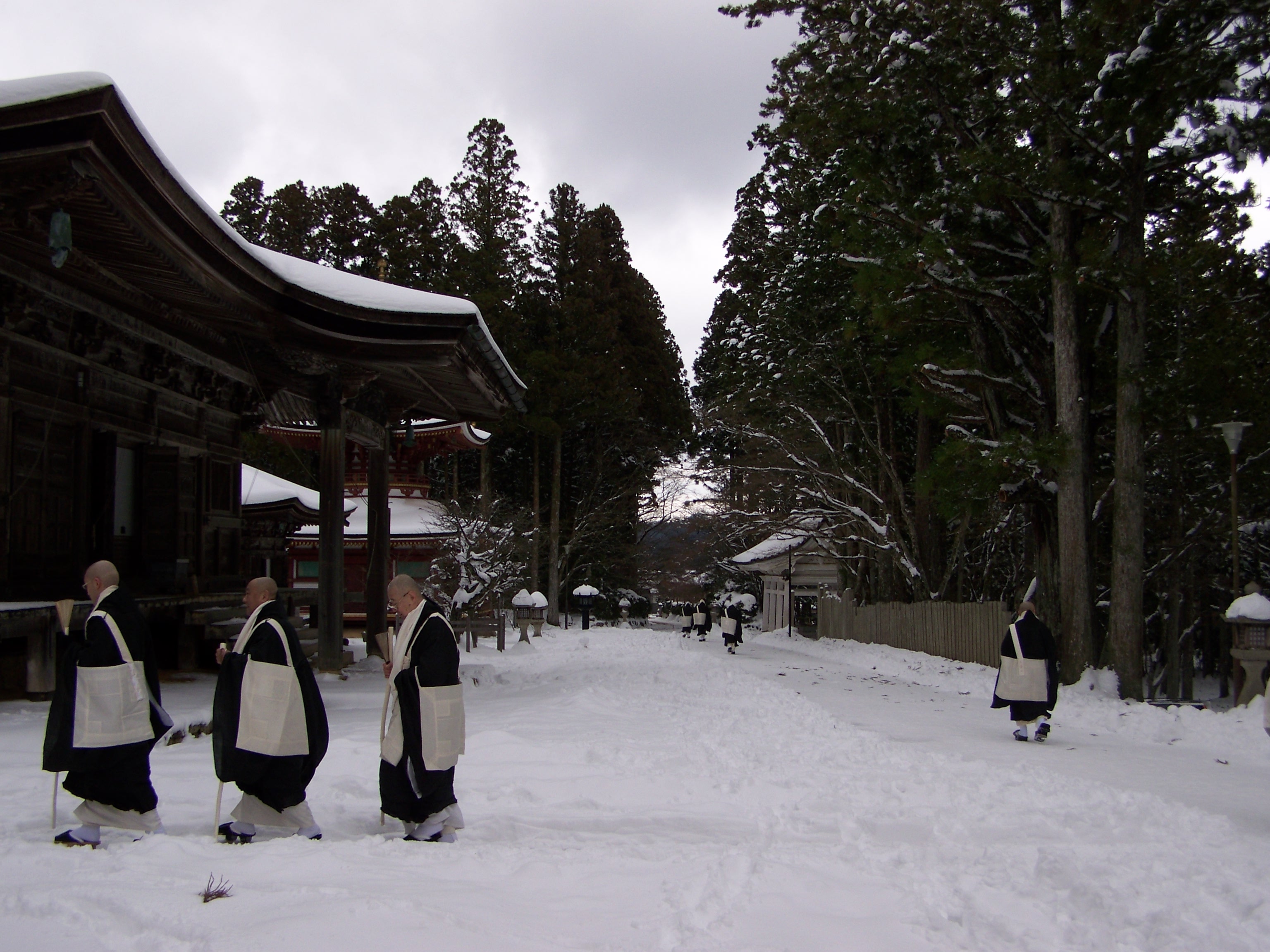 |
| When I was 21 I was convinced that I needed to travel the world. I had this romanticized idea to be away backpacking for months and meeting interesting people. I often stayed in hostels and met the coolest people there. Lots of them with more ambitious travel plans than mine. I once met a guy in Japan who quit his job to do a cycling journey all across the Eurasian continent. His plan was to take the ferry to China and from there cycle for months to eventually finish somewhere in Europe. The length of the trip was undecided. I envied him and imagined how free he must have felt in that moment. I decided to follow him on Facebook where he documented his journey. Sure enough, he traversed China, Mongolia and several South-East Asian countries. His photography was good and his diary was fascinating, but at some point he didn’t seem to move forward anymore. Updates kept coming from the same place, I think it was Macau. The guy posted messages on Facebook stating that he took a job because he had gotten himself into gambling debts and didn’t have the funds to continue his journey. Eventually he abandoned his journey to fly himself back to Japan. To me there was something profoundly sad about this story. It made me realize that travelling solo across the world is actually a lot harder than people made it seem and requires a lot of discipline as well. | 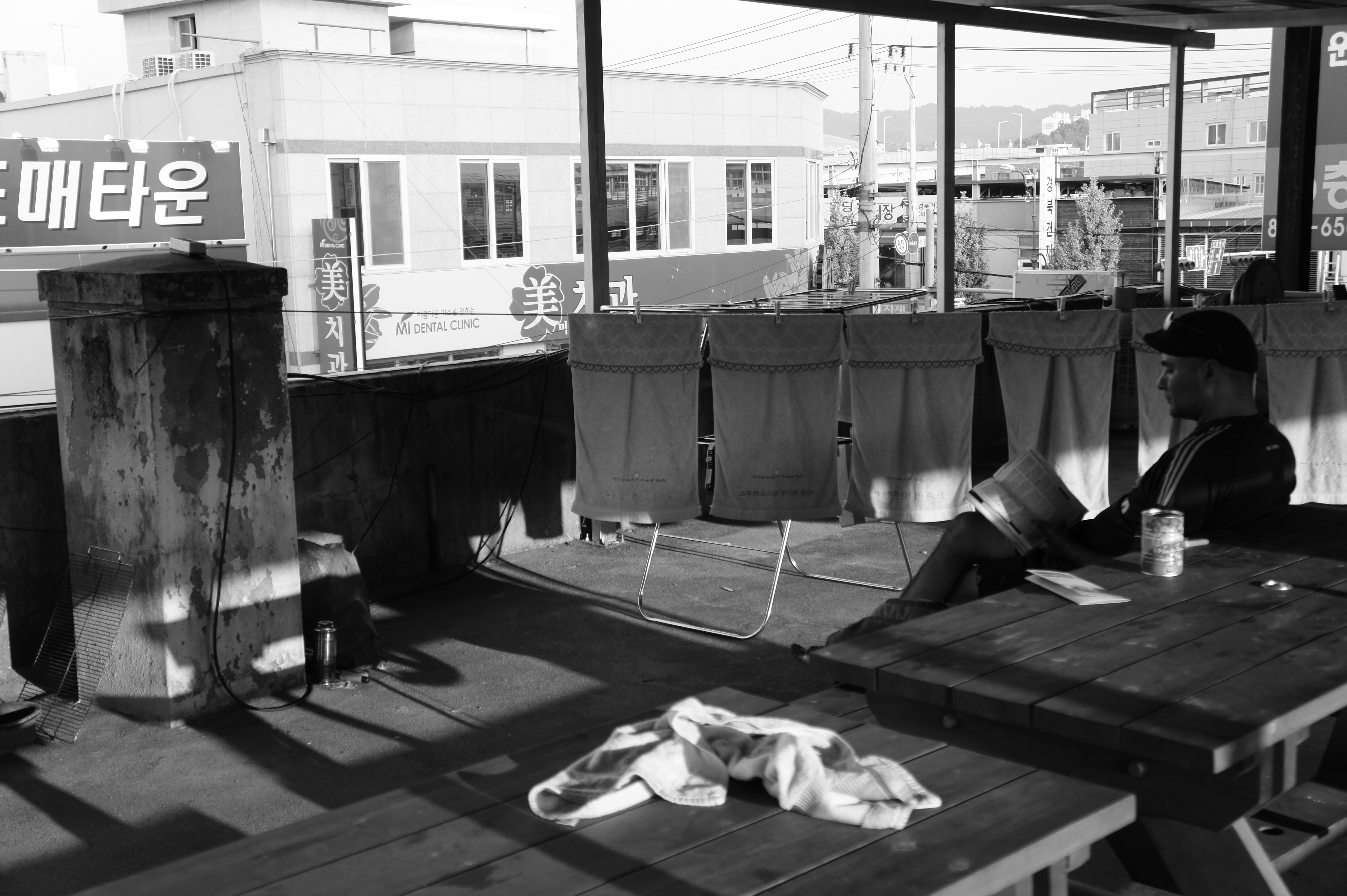 |
| Travel can be liberating but can equally be a kind of escapism. What drives anyone to quit their jobs and leave home for an undecided amount of time? The daily grind of doing a job you don’t like seems to be a big motivation for a lot of people. Holiday plans are often the most popular, unpolarizing topic people like to talk about, because we’re all looking forward to it. I sometimes hear people say they feel uncomfortable when they don’t have a travel plan to look forward to and I can't help but wonder if this is another symptom of the capitalist system that we live under. Maybe travel is just the spoon full of sugar, that helps the medicine go down. Giving us just enough satisfaction to keep us doing our dead-end jobs and ignoring all the things that are wrong with the system, because we’re given the opportunity to travel. | 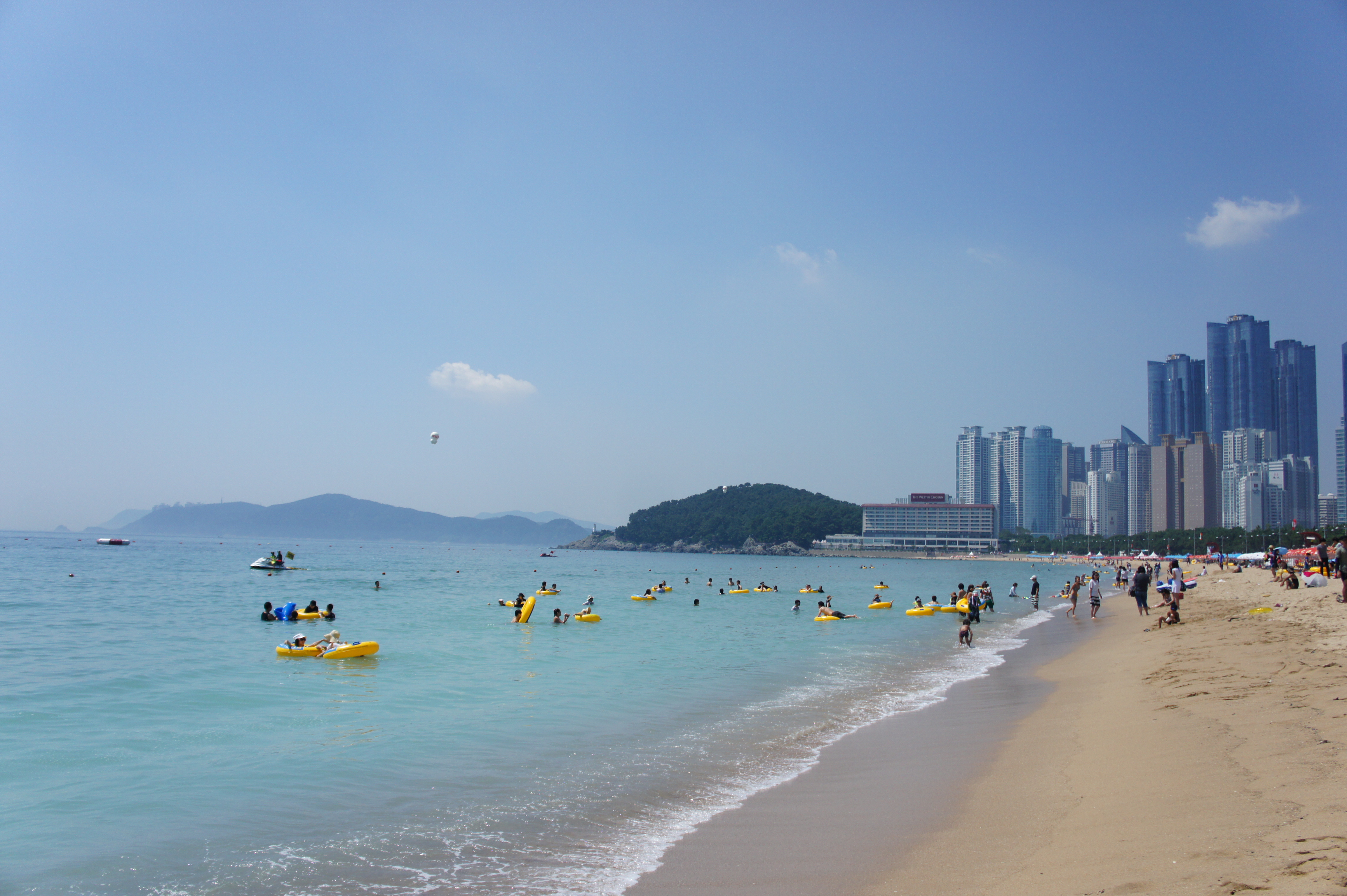 |
People who leave their roots and embark on long travels around the world, always seemed like the coolest people to me. Funnily enough, it was a great scene on Parks and Recreation, that made me reconsider this.
"He’s a tourist. He vacations in people’s lives, takes pictures, puts them in his scrapbook, and moves on. All he’s interested in are stories. Basically, Leslie, he’s selfish. And you’re not. That’s why you don’t like him."- Ron Swanson [S2 E16] "Galentine's Day"
The scene is from an episode where Leslie meets a guy named Justin, who seems to have it all. He’s good looking, charming, tells interesting stories about all his accomplishments and experiences, but Ron looks through him and notices that he doesn’t take a genuine interest in other people, which is the polar opposite of Leslie Knope’s character. Ron compares this behavior to that of a tourist, which was eye opening for me.
| This really hit hard when I did a one month trip to South-Korea about ten years ago. I visited here after graduating university and it was a moment of catharsis. I was in the mood for adventure, meeting people and drinking a lot and I did a lot of that. South-Korea is not a very touristy country now and it was less so ten years ago. The majority of people I met along the way were domestic tourists. I stayed there in the late summer and at some point september came along and the tourist season came to an end. Suddenly the hostels were empty. It was a sobering experience, similar to how you feel when they turn on the lights at the end of a party and life goes back to normal. | 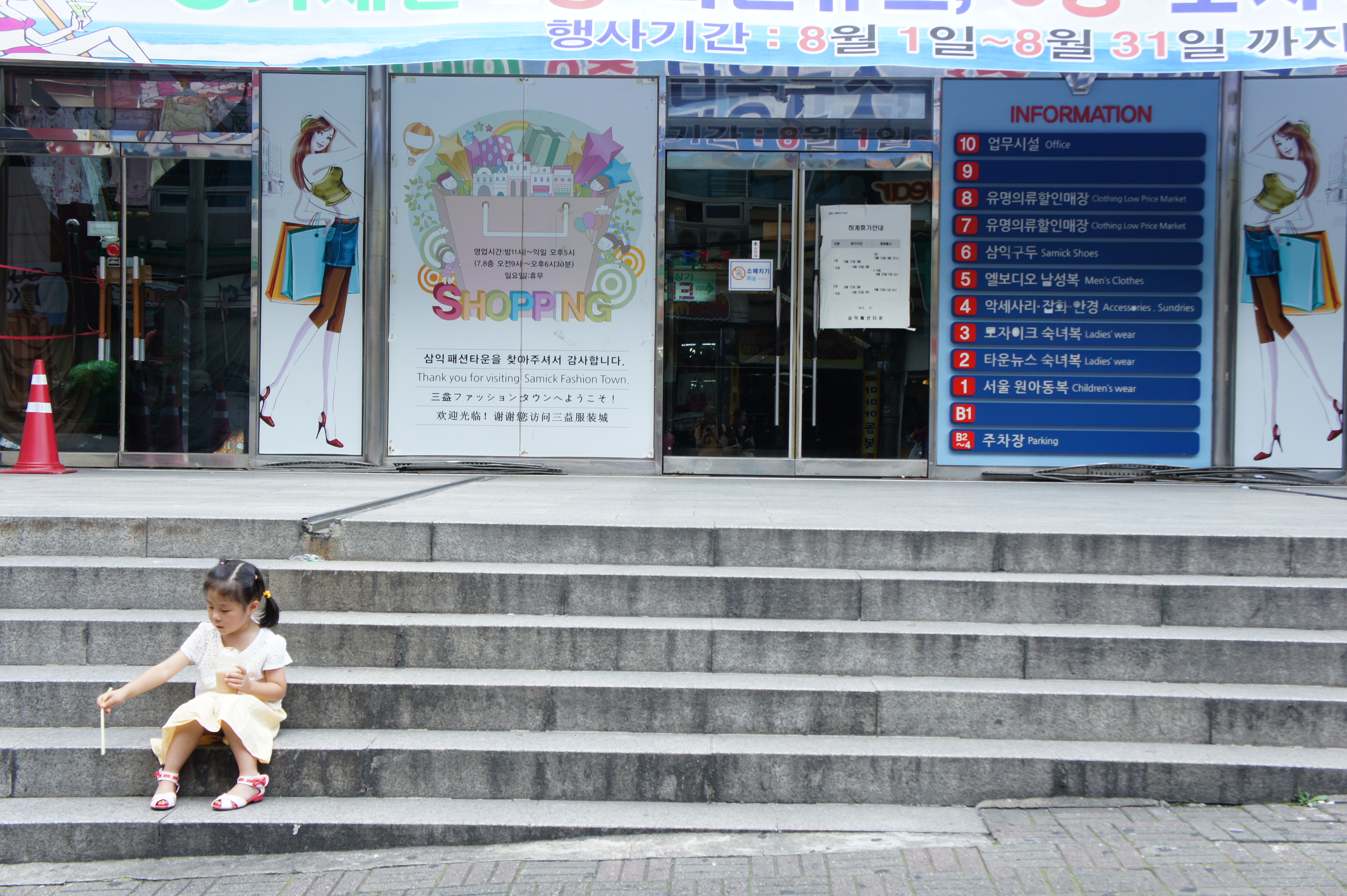 |
| I felt lonely and suddenly I had a strong urge to go back home and see my friends and family. I walked through a market in a smaller city and I watched all the people go about their daily business and I felt completely out of place, because I had no connection this place. I was just a tourist, vacationing in their lives, taking pictures and moving on. Travelling can be a mind opening experience and can help you unwind from the daily grind, but it's no cure for loneliness. I learned that I need to invest more time and energy growing roots in the place where I live. Making friends, getting to know my neighbors, participating in local events. In other words, be part of a community. | 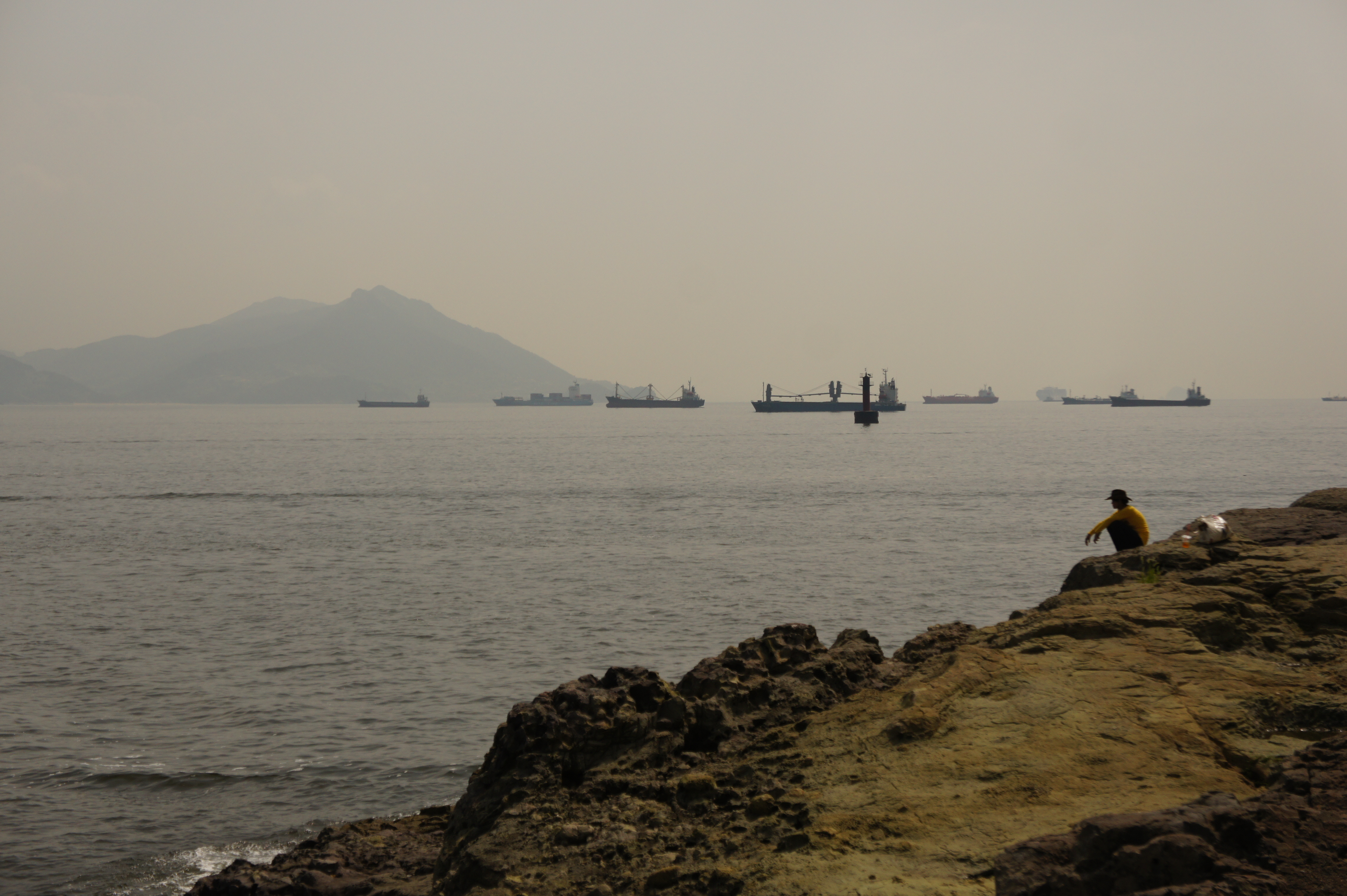 |
All the photos on this page were taken by me on my travels to the countries mentioned in this article.